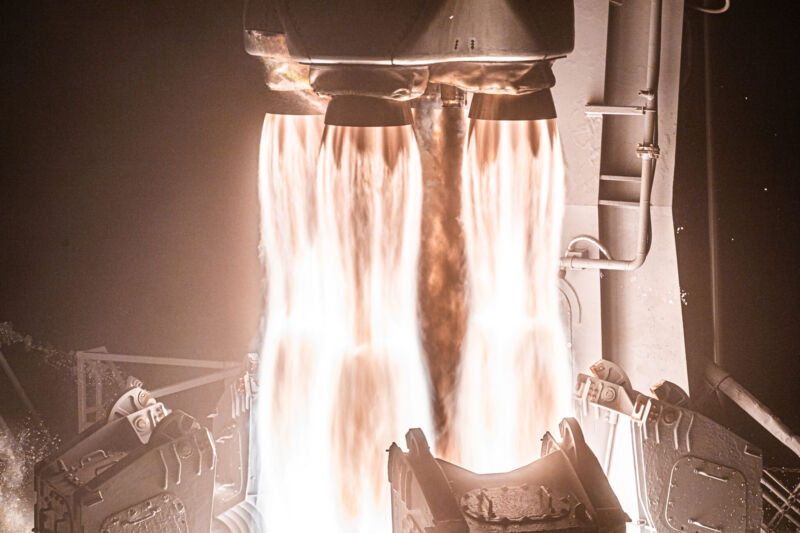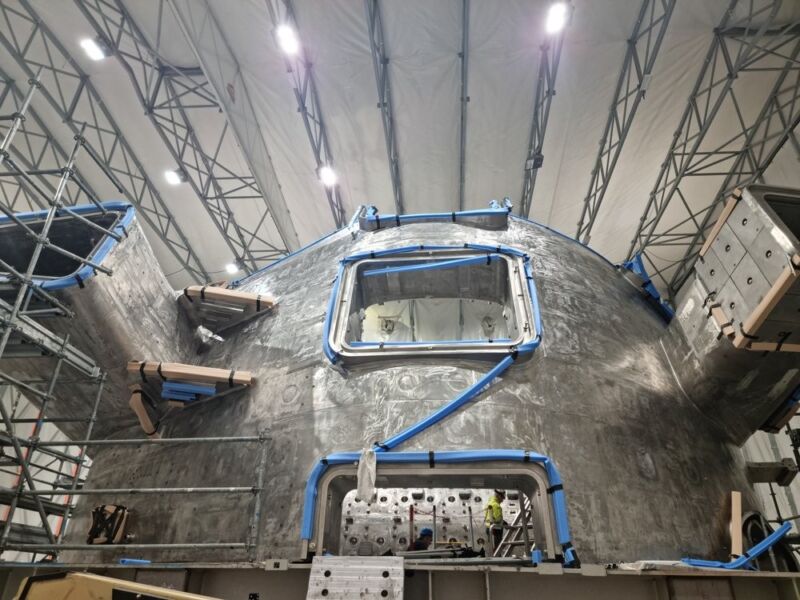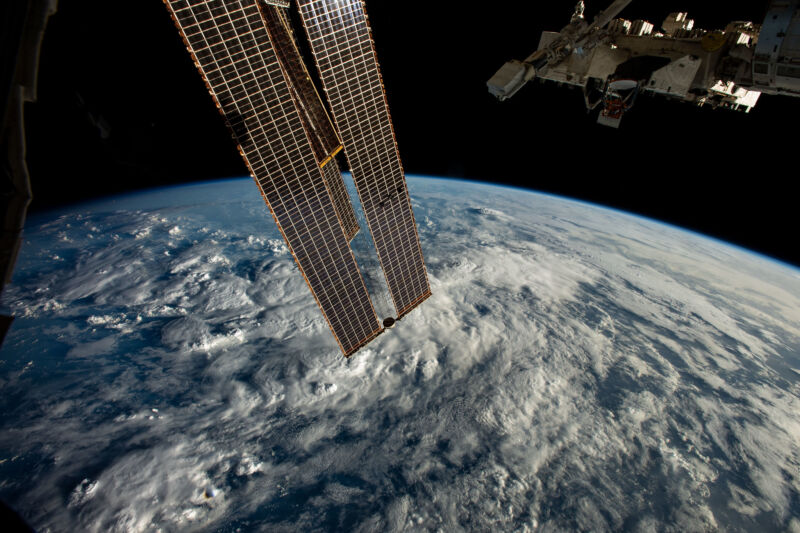-
 chevron_right
chevron_right
Rocket Report: Firefly delivers for NASA; Polaris Dawn launching this month
news.movim.eu / ArsTechnica · Friday, 5 July, 2024 - 22:14 · 1 minute

Enlarge / Four kerosene-fueled Reaver engines power Firefly's Alpha rocket off the pad at Vandenberg Space Force Base, California. (credit: Firefly Aerospace )
Welcome to Edition 7.01 of the Rocket Report! We're compiling this week's report a day later than usual due to the Independence Day holiday. Ars is beginning its seventh year publishing this weekly roundup of rocket news, and there's a lot of it this week despite the holiday here in the United States. Worldwide, there were 122 launches that flew into Earth orbit or beyond in the first half of 2024, up from 91 in the same period last year.
As always, we welcome reader submissions , and if you don't want to miss an issue, please subscribe using the box below (the form will not appear on AMP-enabled versions of the site). Each report will include information on small-, medium-, and heavy-lift rockets as well as a quick look ahead at the next three launches on the calendar.

Firefly launches its fifth Alpha flight. Firefly Aerospace placed eight CubeSats into orbit on a mission funded by NASA on the first flight of the company’s Alpha rocket since an upper stage malfunction more than half a year ago, Space News reports . The two-stage Alpha rocket lifted off from Vandenberg Space Force Base in California late Wednesday, two days after an issue with ground equipment aborted liftoff just before engine ignition. The eight CubeSats come from NASA centers and universities for a range of educational, research, and technology demonstration missions. This was the fifth flight of Firefly's Alpha rocket, capable of placing about a metric ton of payload into low-Earth orbit.









